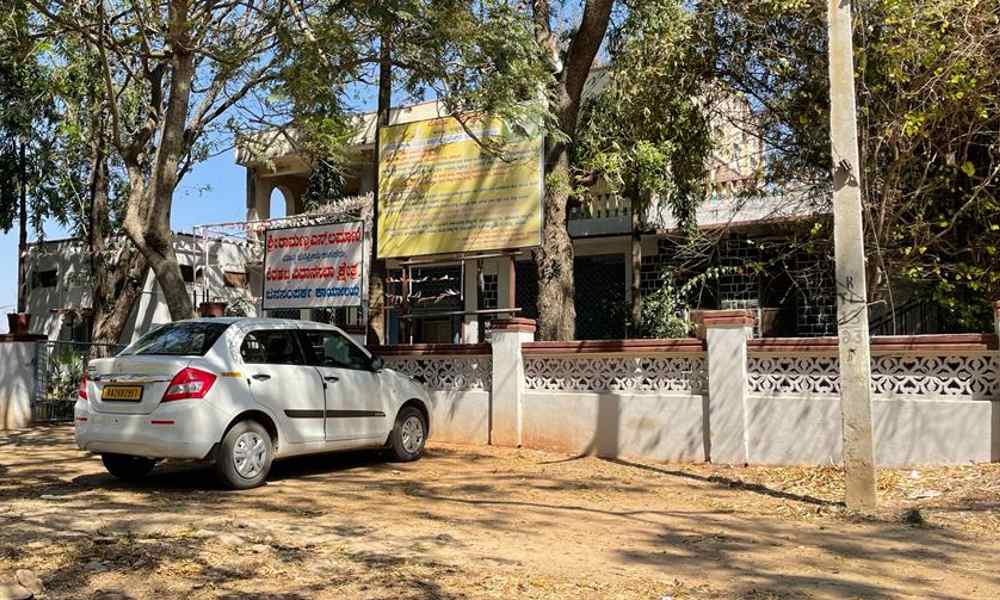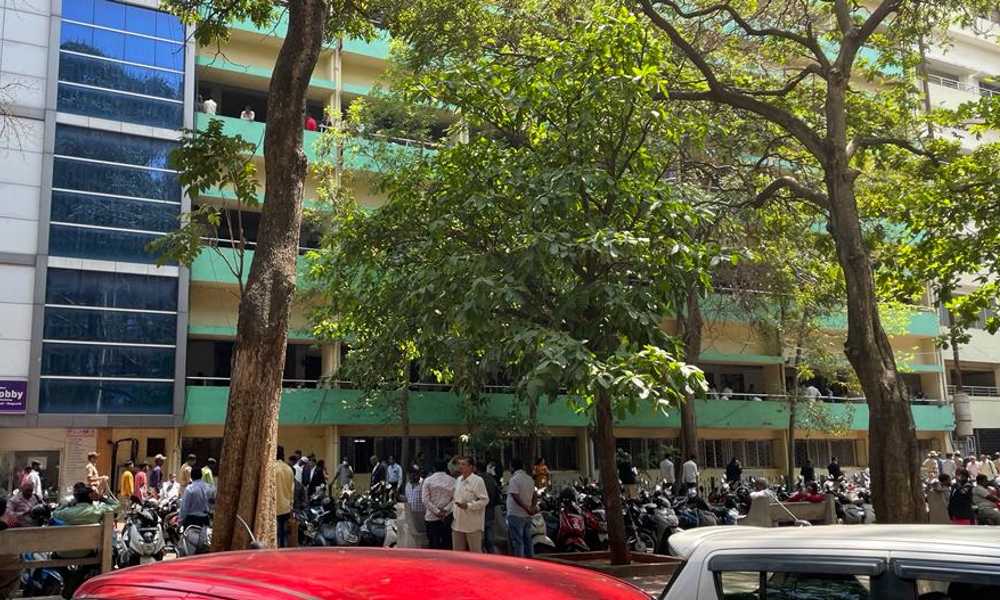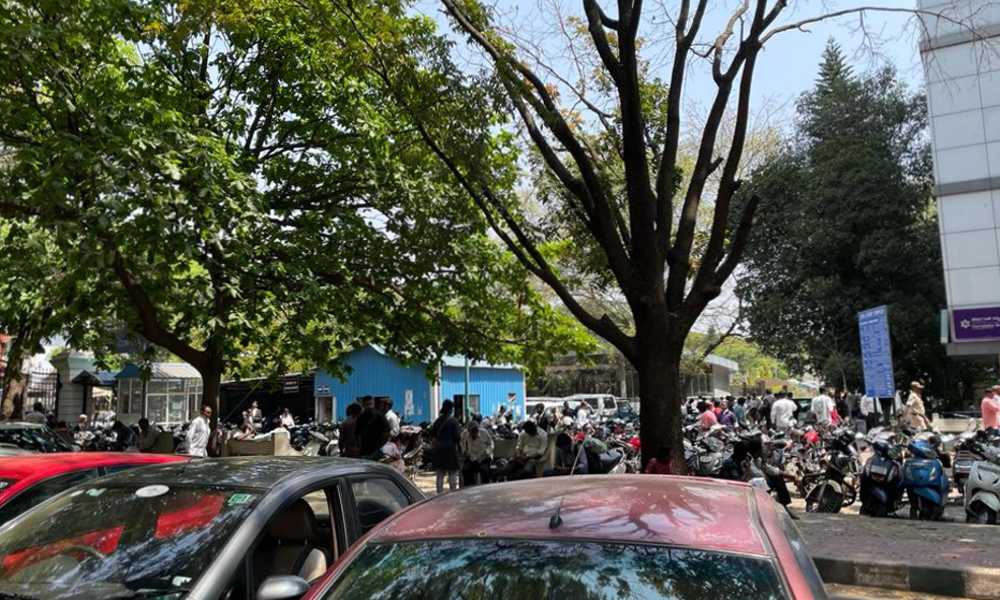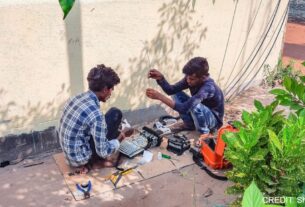The customers will have to pay higher interest on car loans due to consistent increase in repo rates by the reserve bank of India.
According to the India Brand Equity Foundation (IBEF), a trust formed by the Department of Commerce, the automobile industry has historically been a leader in creating jobs in India. Nevertheless, small car dealers are currently required to fire their staff in order to remain in business.
This is because the RBI decided to raise the repo rate in order to stop the nation’s rising inflation. As a result, consumers now pay higher interest rates and equated monthly instalments (EMI) to purchase cars. All India Automobile Dealers Association (AICDA) National President J.S. Nayol said, “When this percentage is increased, then 25 percent of our business is harmed.”
Another small car dealer, Vijay Deepak who is the owner of Vijay Raj Motors said “Increased car interest rates will impact our industry.” He added that they will be burdened and will have to compromise. Along with this, paperwork has increased for small car dealers.
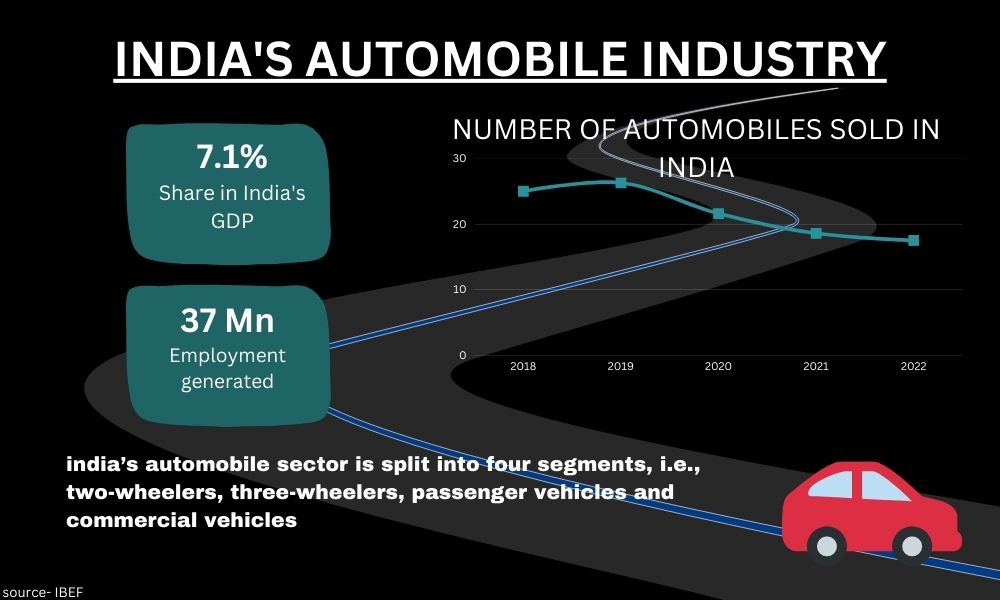
The latest Monetary Policy Meeting which happened in the first week of February 2023 raised the repo rate by 25 basis points (BPS) to keep inflation in control, said a press release of ANI. The next meeting is scheduled for the first week of April, and Reuters reported that the RBI will likely to increase the repo rate again. The inflation in the country at present is 4.73 percent, said a press release from the government.
Sonam Arora, an economics professor said that “Increase in repo rate means that there will be an increase in the rate on the loans given by the central bank to the commercial bank.” She added that as a result, commercial banks will also increase the rate of interest on loans which will make the loans or credit costlier and will reduce the demand for the loans.
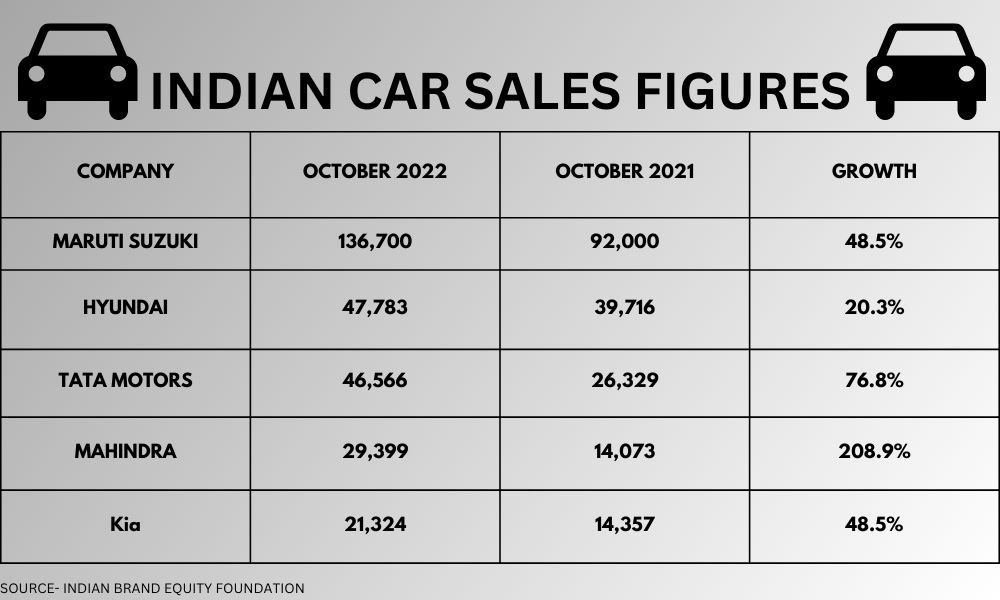
Dr Jayesh MP, Assistant Professor in Economics at Christ University, Bengaluru said “Since the rate of interest and EMI will increase, this will curb demands in the automobile industry.”
The Society of Indian Automobile Manufacturers (SIAM), the national body of automobiles in India reported that “Sales of Passenger Cars decreased from 1,541,866 to 1,467,056 units from April 2021 to March 2022.”
Nayol added that they were recovering from the demonetisation during which he had to lay off many of his employees but he has to further lay off them to sustain his business “Auto industry is the one which makes the highest revenue but we are not being helped.” Despite holding many meetings with government officials, he said that he does not see any improvement for car dealers.
Deepak added that “Pressure will increase. We are hoping the market will go back to normal again.”
Sonam added that government can help the car dealers by providing those subsidies, and tax concessions or can also help by charging less rate of interest on loans for cars. In order to curb inflation, Sonam said that “RBI can increase cash reserve ratio (CRR), Statutory Liquidity Ratio (SLR) or can sell securities or can even increase Margin requirement.”
To survive, the auto dealers in the sector anticipate that the market will soon return to its previous level of profitability.



